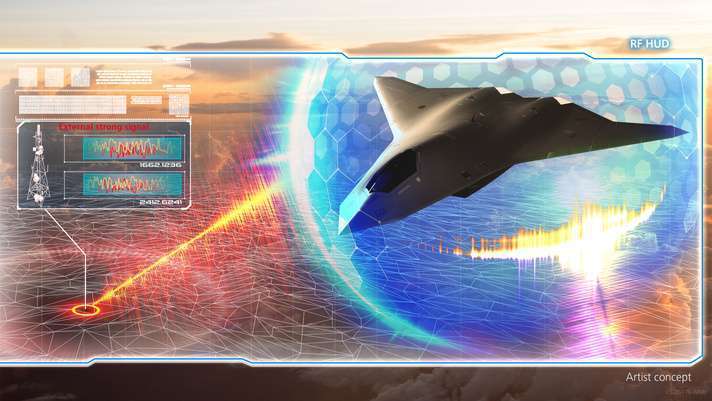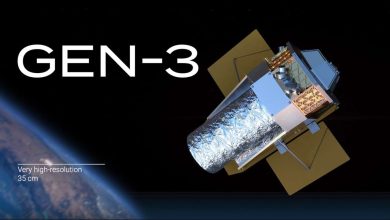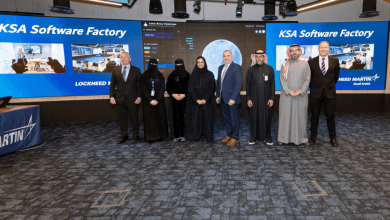
BAE Systems Celebrated with Dual Honors in DARPA’s Cutting-Edge WARP Initiative
BAE Systems is set to engineer systems for the U.S. Defense Advanced Research Projects Agency (DARPA) that safeguard innovative wideband receivers from disruption, thus facilitating their utilization in contested and crowded operational environments. DARPA has granted two contracts to BAE Systems totaling $5 million within the Wideband Adaptive RF Protection (WARP) initiative, aimed at developing advanced wideband adaptive filtering and signal cancellation frameworks to shield emerging wideband receivers from both external and self-created interference.
Within the Department of Defense, radio frequency (RF) systems are required to function amidst a progressively congested electromagnetic spectrum and tackle mission-critical interference from both friendly and adversarial sources.
“The capability to manage signal intensity throughout the electromagnetic spectrum is essential for the efficient operation of wideband RF electronics,” stated Chris Rappa, product line director at BAE Systems’ FAST Labs™ research and innovation department. “WARP signal filters and cancellers will detect and adjust to the electromagnetic landscape through the intelligent oversight of adaptive technologies.”
The technical domains of the program concentrate on advancing electronic warfare technology to enhance adaptive management of the electromagnetic spectrum—empowering allied forces to operate unimpeded while denying similar advantages to opponents. Specifically, Technical Area 1 concentrates on alleviating external disruptions, while Technical Area 2 targets the reduction of self-interference from co-located transmitters to enable simultaneous transmitting and receiving on the same frequency, frequently referred to as STAR.
The WARP contracts further enrich the advanced defense electronics and electronic warfare research and development portfolio, stemming from extensive investments in various initiatives, including T-MUSIC, CONverged Collaborative Elements for RF Task Operations (CONCERTO), and Radio Frequency Field Programmable Gate Arrays (RF-FPGA).









